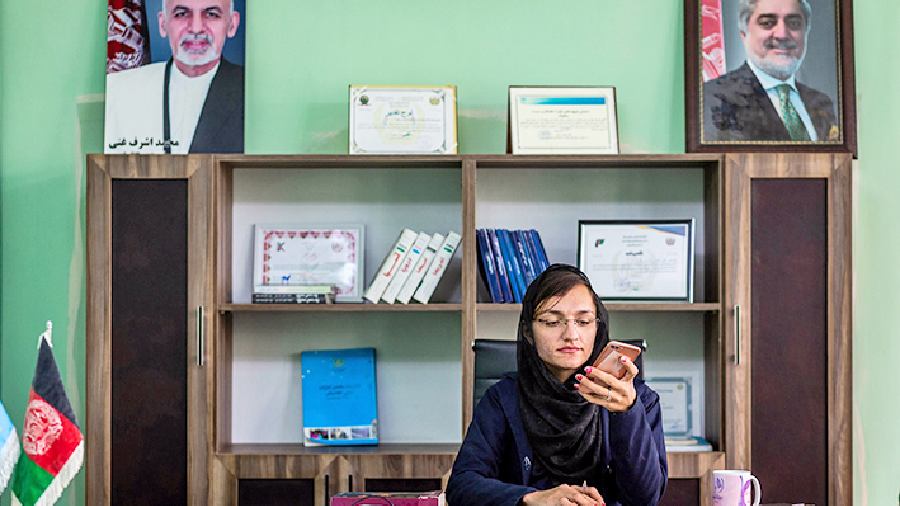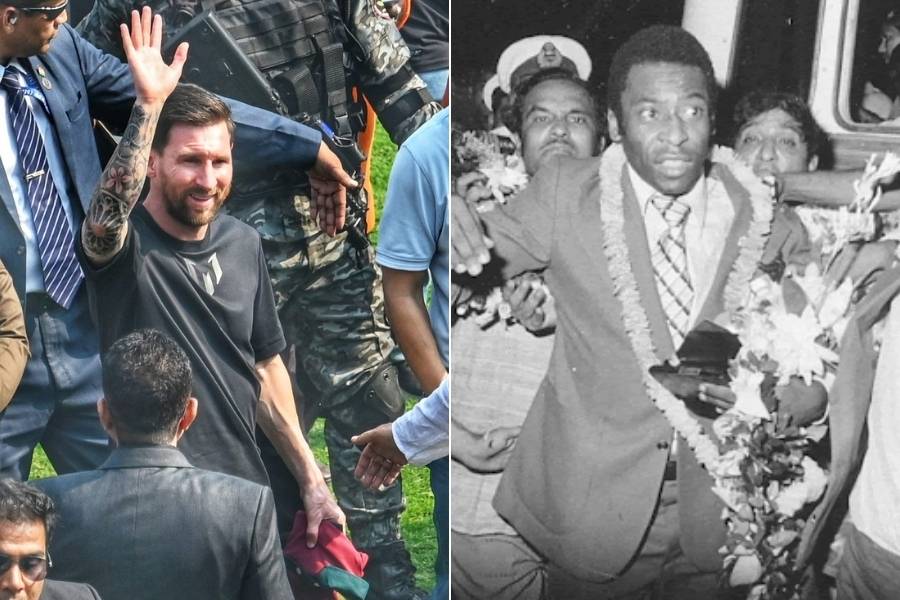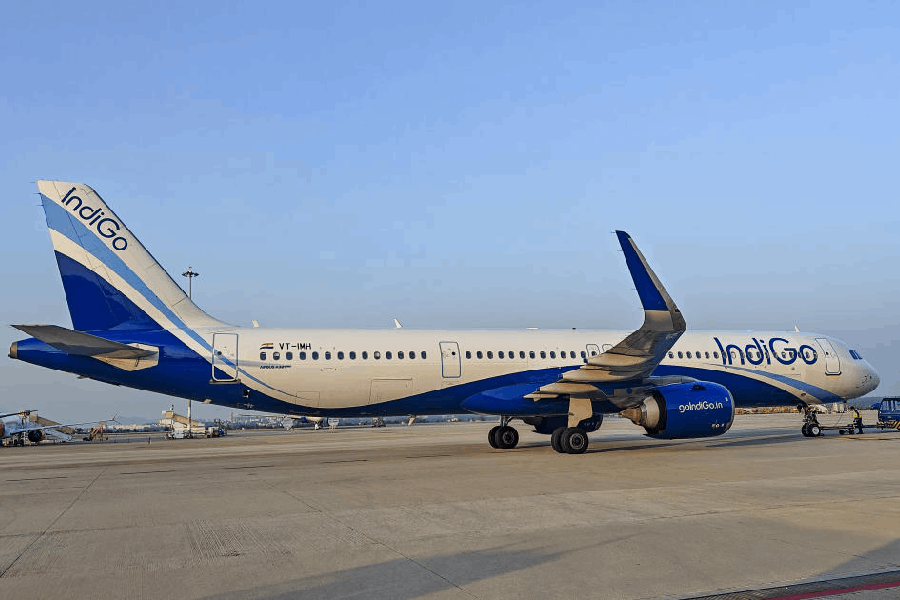Book: Zarifa: A Woman's Battle In A Mman's World
Author: Zarifa Ghafari with Hannah Lucinda Smith
Publisher: Virago
Price: ₹699
Among a small number of books available on the experiences of Afghan women who witnessed the rise of and the eventual takeover of Afghanistan by the Taliban, first in 1996 and again, after a hiatus of twenty years, in 2021, the latest one by Zarifa Ghafari stands out. Born in 1994 in an educated and progressive family, Ghafari grew up in Kabul and completed her higher studies in India. In this book, which is somewhat like a bildungsroman of nine chapters and over a dozen images, Ghafari narrates, in a style most simple but at the same time candid, poignant and powerful, the tales of Afghan women, including herself and her family, who lived and survived the long Afghan civil war marked by unprecedented violence and waged by the multiple ethnic warlords, the mujahideen, the Russians, the Talibs (Taliban) and, finally, the Pakistanis and the Americans.
By the time Ghafari turned into an adult, the ideologically regressive Taliban had been already ousted from power (in 2001) by the Americans and their Western allies — as a retaliatory punishment for 9/11 — and a democratically elected government — propped up, again, by the US and its allies — was in place in Afghanistan. Yet, not only did the influence of the Taliban not dissipate — especially in the countryside — but also the condition of Afghan women remained as oppressive as ever. Rural Afghan women, in particular, continued to live lives of enormous poverty and suffering — denied, as they were, the right to basic education, healthcare, equal wages, sartorial choice, sexual and marital choice and so forth — and attendant indignity. Indeed, the American (and the democratic-liberal Afghan government’s) promise of booting out the Taliban and liberating the people (women) of Afghanistan had failed; instead, all that the Afghans got were countless surgical strikes and terrible collateral damages to life, property and economy, and yes, aids and loans which reached none but the Afghan elite and the already privileged political class. Ghafari, reflecting on the lynching of the 27-yearold Farkhunda Malikzada in Kabul in 2015, writes: “We had been promised something so different when the Americans landed in 2001: the end of the Taliban; the flowering of democracy; equal rights. So why, in 2015, with the Taliban ... long gone, were we seeing such a barbaric and public act of violence against an innocent woman, falsely accused? Afghanistan was still stuck in the era where they burned witches.”
In this dark and bleak scenario, Ghafari decided to make a move considered most extraordinary and brave, particularly in the context of Afghan society and culture. In May 2018, she ran for the post of mayor of the Wardak province and was elected as one of the youngest female mayors of Afghanistan; her goals, inter alia, were to primarily fight patriarchy, distribute aid to the poor, and secure equal rights for Afghan women. Ghafari’s political participation was violently resisted but her faith in feminist values and practices, which she claims were shaped by personal experiences and gruesome treatments meted out to women like Malikzada, saw her through the mayoral assignment until June 2021. The same year, Ghafari had to leave her life’s work and abandon her mission as the Taliban retook Afghanistan and the Americans finally departed. Ghafari fled Afghanistan and sought exile in Germany but only for a short while. In yet another bold move, she decided to come back to her homeland to complete the unfinished task of fighting for Afghan women’s rights, human dignity and peace. This gripping book can be read at one go and surely is a must buy.










